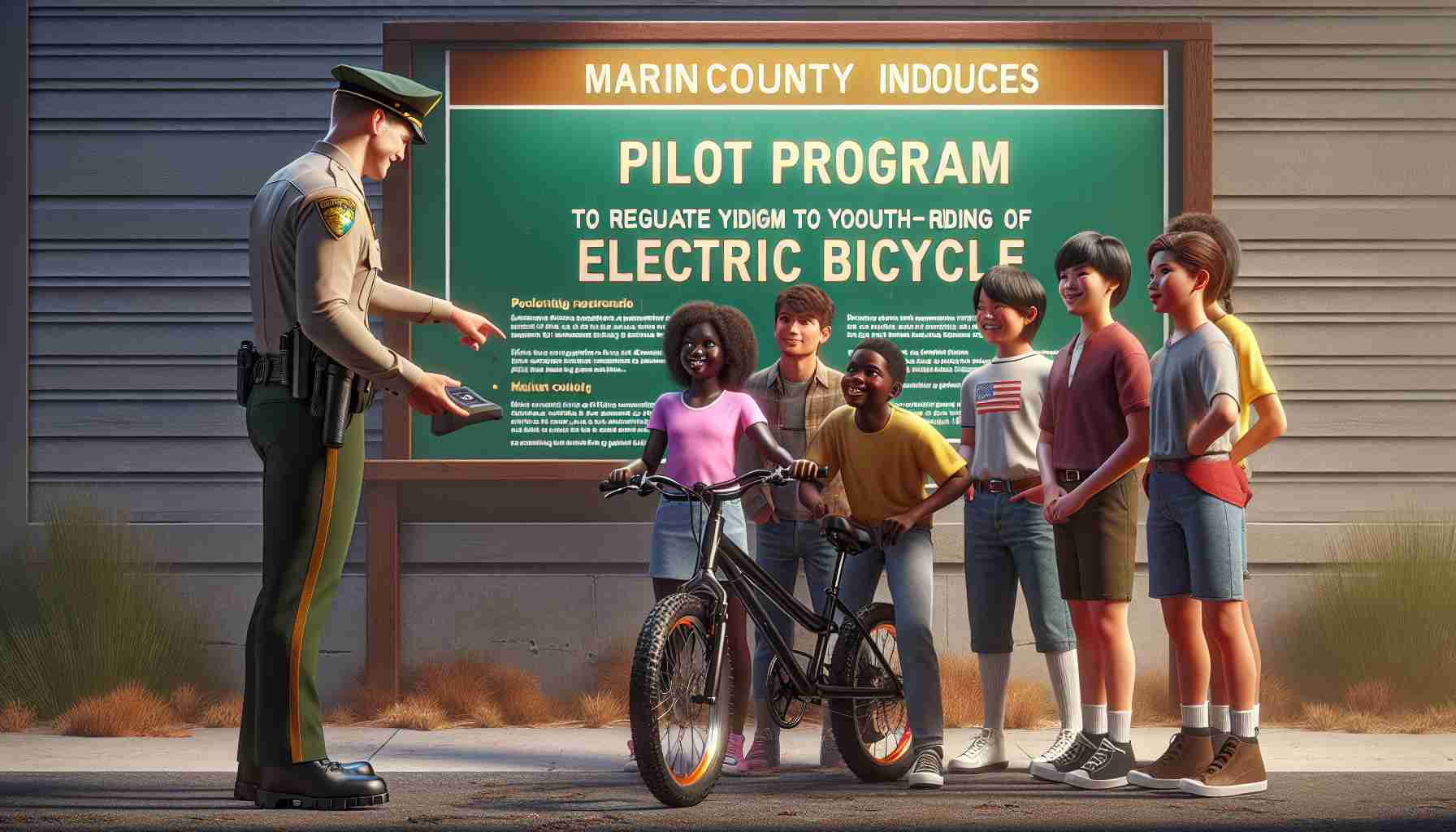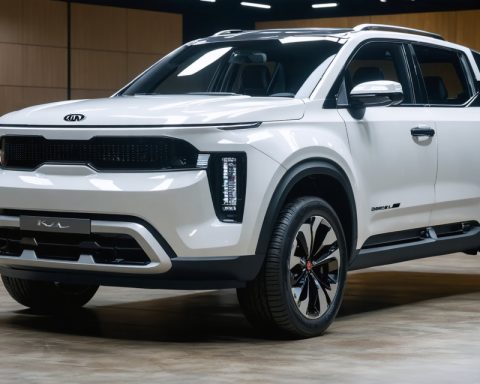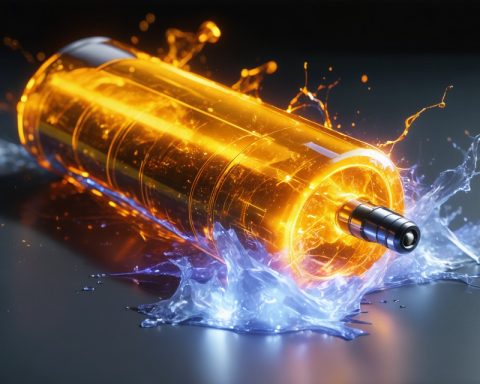Marin County has taken a proactive approach to address the growing concern over e-bike crashes involving minors. Assemblymember Damon Connolly, in collaboration with Marin County Supervisor Mary Sackett, has introduced a pilot program aimed at regulating the use of certain electric bicycles by youths under the age of 16.
The amended bill, AB 1778, seeks to create restrictions specifically for class 2 e-bikes in Marin County instead of proposing a statewide ban. Class 2 e-bikes are throttle-operated and can reach speeds of up to 20 mph. These types of bikes are faster than conventional bicycles and class 1 e-bikes. State law already prohibits youths under the age of 16 from riding class 3 e-bikes, which can travel at speeds of up to 28 mph.
Marin County has been particularly affected by e-bike-related accidents involving minors, with data collected showing that crashes among riders under the age of 20 were nine times higher compared to other age groups. Concerns have been raised about the severity of injuries resulting from these crashes, with physicians reporting brain trauma, internal bleeding, and pelvic fractures.
Under the pilot program, local governments in Marin County will have the option to implement the proposed restrictions and also require all riders to wear helmets when using class 2 e-bikes. The pilot program will be in effect until 2029, with participating local governments required to report enforcement data to the state. This data will then be used to evaluate the effectiveness of the program and potentially shape statewide e-bike regulations in the future.
While some individuals argue that the amended bill may result in varying rules across the county and complicate enforcement, supporters believe that allowing local jurisdictions to address safety risks is crucial for reducing accidents and ensuring the overall safety of the community. Supporters of the bill include the California Medical Association, the Marin County Bicycle Coalition, and the American Academy of Pediatrics.
Marin County continues to prioritize education around e-bike safety, with the Tamalpais Union High School District considering a policy that would require students to register their e-bikes and adhere to a speed limit. The district is working closely with local law enforcement agencies to establish guidelines and promote safe e-bike use.
The introduction of this pilot program reflects Marin County’s commitment to finding a balance between encouraging sustainable transportation options and ensuring public safety. By addressing the specific concerns related to e-bike use by minors, the county aims to create a safer environment for everyone on the roads.
The e-bike industry has experienced significant growth in recent years, thanks to advancements in technology and increasing consumer demand for sustainable transportation options. E-bikes, or electric bicycles, are an attractive alternative to traditional bikes and cars, offering a convenient and eco-friendly mode of transportation. According to a report by Grand View Research, the global e-bike market size was valued at $22.89 billion in 2020 and is expected to grow at a compound annual growth rate (CAGR) of 7.9% from 2021 to 2028.
The market forecast for the e-bike industry remains positive as consumers become more aware of the benefits of e-bikes, such as reduced emissions, cost savings, and improved health. Furthermore, technological advancements in battery technology and motor efficiency are driving the development of high-performance e-bikes, expanding the market’s appeal to a wider range of consumers.
However, the industry also faces challenges and concerns related to safety, particularly when it comes to the use of e-bikes by minors. The introduction of regulations, such as those proposed in Marin County’s pilot program, highlights the need to address these concerns for the overall well-being of riders and the community.
One of the main issues related to e-bike crashes involving minors is their inexperience and lack of knowledge about operating the bikes safely. The implementation of specific restrictions for class 2 e-bikes in Marin County aims to mitigate the risks associated with these faster and more powerful bikes. By limiting the use of class 2 e-bikes by youths under the age of 16, the pilot program seeks to reduce the likelihood of accidents and injuries among this vulnerable population.
The severity of injuries resulting from e-bike crashes involving minors is a major concern. Physicians have reported cases of brain trauma, internal bleeding, and pelvic fractures, highlighting the importance of prioritizing safety measures and regulations. The requirement for all riders to wear helmets when using class 2 e-bikes is a crucial step in ensuring the protection and well-being of riders, especially minors.
While some argue that the proposed restrictions may lead to varying rules across the county and complicate enforcement, proponents of the pilot program believe that local jurisdictions should have the authority to address safety risks and tailor regulations to the specific needs of their communities. This decentralized approach allows for flexibility and adaptation to local conditions, ultimately fostering a safer environment for e-bike riders of all ages.
The pilot program in Marin County is not the only initiative aimed at promoting e-bike safety. The Tamalpais Union High School District is considering a policy that would require students to register their e-bikes and adhere to a speed limit. This cooperative effort between the district and local law enforcement agencies underscores the importance of education and collaboration in ensuring the responsible use of e-bikes.
As Marin County takes proactive steps to regulate e-bike use by minors, other regions and states may look to their pilot program as a model for developing their own regulations. The data collected and lessons learned from this program will be crucial in evaluating its effectiveness and potentially shaping statewide e-bike regulations in the future.
Overall, the focus on e-bike safety in Marin County reflects the industry’s commitment to finding a balance between promoting sustainable transportation options and ensuring public safety. By addressing the specific concerns related to e-bike use by minors, the county is taking a proactive approach in creating a safer environment for everyone on the roads.
For more information on the e-bike industry and related topics, you can visit the following links:
– Grand View Research: E-Bike Market Analysis
– European Bike Association
– PeopleForBikes
– ebikes.ca












